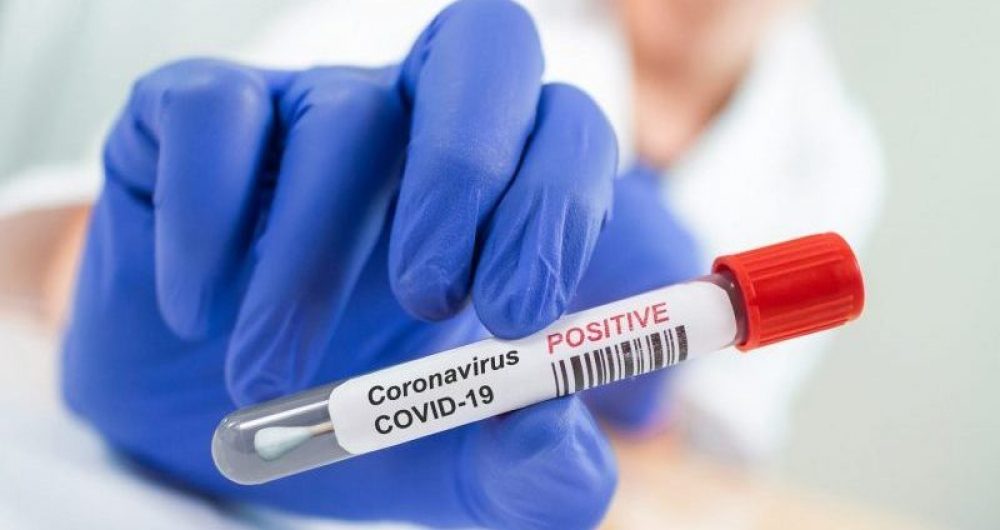The disparity of educational fortunes between some of our communities is ingrained. Covid-19 is making it a lot worse, writes Hamid Patel
Each morning is the same. The phones ring from 8am with parents reporting their children have tested positive overnight. A carefully orchestrated routine kicks in.
The headteacher and the “Covid Silver Team” speak to the student (who is hopefully at home) to check on their wellbeing and identify any social contacts, look at the seating plans – including on the school bus – and identify which pupils sat close to the “positive case”, before going around the school and placing each into a holding room to be collected by their inconvenienced parents. Calls are made to the Trust Covid Response Unit (that’s the “Gold Team”), the local authority, Public Health England and the Department for Education. Forms are completed and dispatched to each of these stakeholders – the same information presented in myriad ways. Every positive case is a small traumatic and bureaucratic event.
If you’re incredulous, it might be because you are not living in an area with a high infection rate.
In just one of the Star schools in the north there have been over 50 such cases this term. Almost half of their pupils have been sent home to isolate for up to two weeks. Over two-thirds have spent some time at home with symptoms, awaiting test results. Scores of supply teachers are brought in every day to supervise classes while staff anticipate test results of symptomatic members of their household. This is no longer a thriving, bustling, joyful school in any meaningful sense; it is more akin to a “zombie-school”.
Again, if you think this is hyperbolic, it might be because you are not living in an area with a high infection rate.
This is no longer a thriving, bustling, joyful school
In one of my London schools only one case has been reported, very few pupils are absent with symptoms and nobody understands what the fuss is about. If it wasn’t for the hand-sanitising units at every turn and the frenzied cleaning of every surface, you wouldn’t know it was anything other than a normal year.
Pre-Covid, pupils in some of our impoverished coastal towns and inner cities already achieved lower GCSE grades than their more affluent peers. That was unacceptable, but the pandemic is making the situation far worse. So, while the government has rightly mandated that schools stay open and deliver remotely where needed, this will only go so far to mitigate the harm caused by a resurgent virus.
We can’t allow young people, already disadvantaged by the educational gap caused by deprivation, to have their prospects further limited by a “Covid penalty”. While I disagree with the Northern Powerhouse’s call to cancel exams, we need to recognise that they will not be completed on an equal footing. And, while I agree that it is not the job of exams but of schools and teachers to level the playing field, the simple truth is that completing exams under these circumstances is simply unfair.
That’s why Ofqual must take bold steps to ensure exam grades are issued fairly and must guarantee that there will be no difference in the proportion of good grades awarded in areas that are blighted by Covid and those where there has been little disruption. They could achieve this by comparing exam marks only with peers within similarly affected parts of the country. Alternatively, they could issue all students across the country with the better of two grades: their raw exam grade or one moderated to guarantee their school’s results in 2021 have the same proportion of grades 9, 7 and 5 as in their best year between 2017 and 2019. Doing either of these would avoid using teacher predictions while enabling our young people to strive hard to maximise their results, safe in the knowledge that any impact on their school would be mitigated.
Hundreds of thousands of young people risk having their results decided by the relative fortunes of their postcode and the willingness of their communities to adhere to government guidelines. Doing nothing will herald another summer of huge upset, with long-term consequences for their life chances, and that is simply not an option.
















Your thoughts